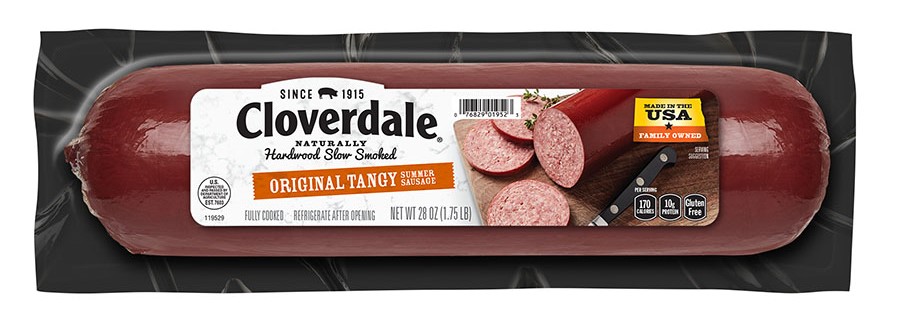
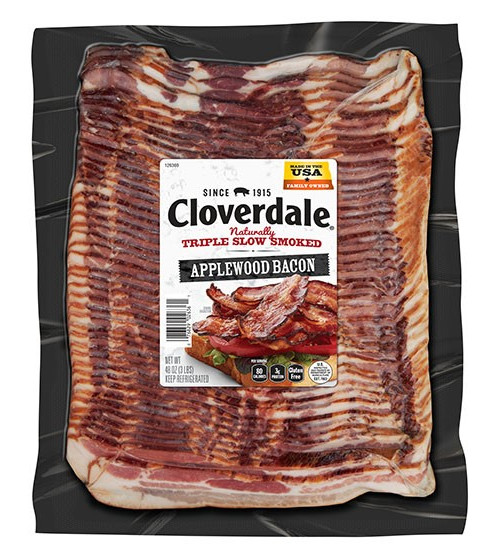
When discussing the past couple of years in the meat industry, Cloverdale Foods’ fourth-generation CEO Scott Russell describes a waterfall, where you’re constantly getting hit from one stream of water or another. “One day it’s on the market side with a particular segment, such as food service. Another day, its challenges in logistics, whether it be trucking, both inbound and outbound,” he says.
The Mandan, N.D., processor has had to move from one crisis point to the next, like most in the industry have done. However, before COVID-19 ever reached the United States, Cloverdale had taken steps to strengthen its company culture and decision-making process. As a result, it was able to adapt quickly to the many industry changes that took place and is one of the relatively few processors today that can boast of full employment.
“Crises can flex organizations in ways that they haven't seen before,” Russell explains. “They have the capability to respond to them, [but a crisis] can also crush organizations and leaders, where it just paralyzes them.
“We’ve shown up with an attitude that it is possible, it’s going to take some work, it’s going to take going around this obstacle, going over it or going through it. And we've got quite a few inventive people to really think through those challenges,” Russell adds.
Cloverdale Foods worked with business consultant Pat Lencioni, author of The Five Dysfunctions of a Team. Miranda Bergquist, chief financial officer, said that the executive team’s dynamic has changed to become more open and get to the root of what is more important. Unlike some business strategies, which are developed in an off-site meeting and promptly forgotten once everyone gets back to the office, the company had to put these initiatives into action quickly. When COVID hit the U.S. workforce, it threw everything into chaos.
“We were all having to deal with several constraints and we were colliding into each other,” she says. “Being able to have that weekly, and in some cases, daily platform to really get things aired out and moving forward was a big key to our ability to mind the chaos in a structured way.”
Cloverdale Foods enjoyed one of the best years in the company’s history in 2021 and completed a large expansion to its processing plant. Bergstrom anticipates similar double-digit growth 2022.
“We do expect to deal with more challenges of our supply chains and the commodity markets. It’s going to take, we expect, another 12 to 18 months before they completely reestablish themselves,” she says.
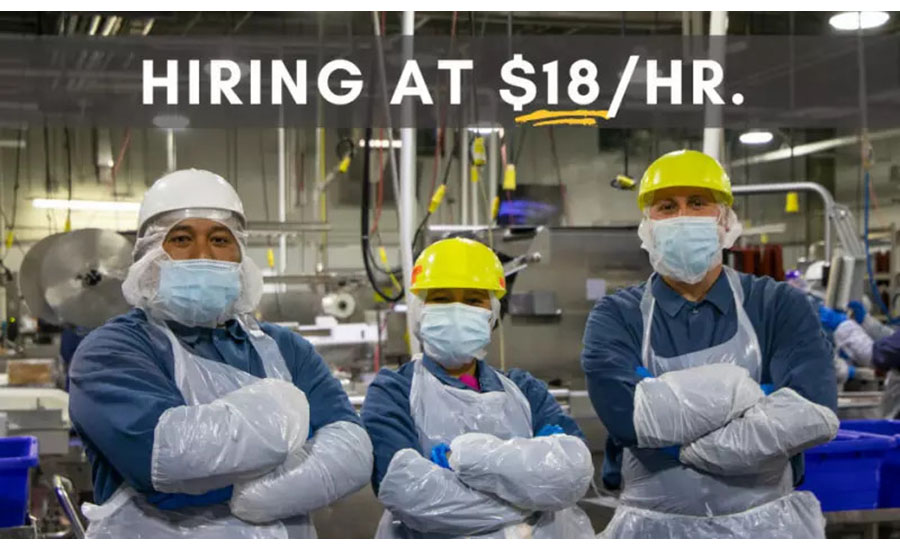
With the immediate threat of COVID-19 mitigated for the time being, the industry is dealing now with a wide-scale labor shortage. Cloverdale Foods, though, is 100% staffed with 458 employees. The company has increased its starting wage twice over the last few years, and it currently stands at $18/hour.
“When you look at an organization that for two years was in a battle, our employees showed up for work every day, smiling, doing their job the best they possibly could. And the Russell family understood that that’s a value that you just can’t build, you can’t replace,” says Scott Staudinger, vice president of governmental affairs and human resources. “To be able to reward our employees with a wage that allows them to expand their families, and provide in ways that they've never had before, that’s a huge piece of where we were coming from.”
Wages are only a part of the benefits package, Staudinger notes. The company has a generous vacation package, which is especially helpful for employees with families who live outside the country. They are able to take a couple of weeks off to take a real vacation. Cloverdale Foods also works hard during those first 90 days of employment to ensure a worker’s onboarding is successful.
“We don't want them to worry about where they're going to sleep, we don't want to want them to worry about how they're going to eat or how they're going to get back and forth to work,” Staudinger notes. “So we take care of all of that stuff for them, and we set them up for success.”
Russell says that Cloverdale is frequently asked about its recruitment strategies, and he says that the process takes dedication.
“Someone comes from some other place, and that’s a nerve-wracking experience in and of itself. We bring you in very quickly, and we do it in a way that’s very meaningful. I think it starts there,” he says. “Let’s get past the emptiness of promises that we think other organizations feel revolve around great people, and let’s actually fulfill that with meaningful actions and steps with our leaders to show them that we do care.”


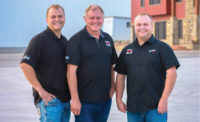

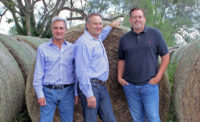
Report Abusive Comment